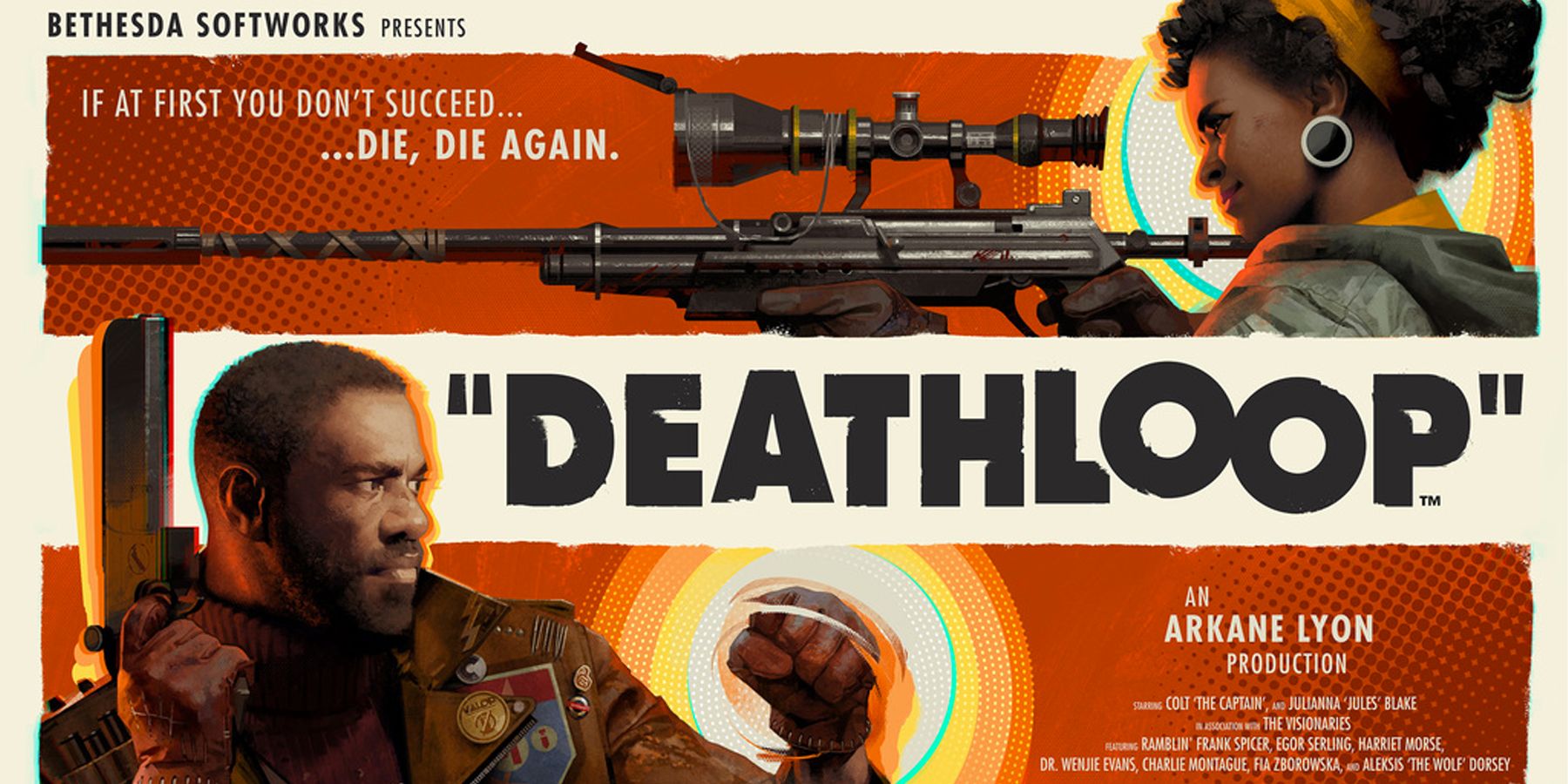Since it was released last week, Deathloop has jumped to the top of plenty of Game of the Year lists for players and critics alike. The game's focus on player-led exploration has given fans plenty to talk about, as its maps are vast and detailed and provide many different routes to the game's Visionary targets.
One of the title's biggest selling points, however, is Julianna, the deadly assailant that often invades the map on the hunt for protagonist Colt. There are plenty of deadly encounters that players need to navigate, but interactions with Julianna are the most likely to send Colt back to the start of the day.
Deathloop's Roguelite Confusion
The time loop mechanic that Deathloop features so prominently has some major ties to the roguelike genre. When a player is killed and sent back to the start of the day, it usually results in all progress being reset and all items found along the way being sent back to their original locations. Before its release, Deathloop made it very clear that if players aren't careful enough, they could be killed and sent back to the beginning of the loop.
Adding to the confusion surrounding Deathloop's genre, a PS5 exclusive from earlier this year, Returnal, has a very similar premise and leans heavily into its roguelike elements. Arkane Studios tried its best to get in front of the confusion to say that Deathloop would not be a roguelike, but the damage had already been done and players were already confused. After all, even it isn't a roguelike, Deathloop's premise seems to be burrowing plenty of ideas from the genre, and its marketing wasn't necessarily helping.
Is Deathloop a Roguelite?
The very short and simple answer to that question is that yes, Deathloop is a roguelite. Before anyone jumps to any conclusions about the game, however, it's important to note the differences between roguelikes and roguelites as the two have very different qualities. Roguelikes are a hardcore genre that is beloved for its high difficulty because when the player dies, they start again from scratch and are sent back to the beginning of the game. Roguelikes also have randomly generated maps and rooms, meaning that very little information is learned from each run, as the game's world is reset upon each death. Games like Returnal and Hades are good examples of this, as each run is more about learning the attack patterns of the enemies rather than understanding the environments. What's more, each death means starting over again with just about nothing, almost exactly how it is when the player first started the game.
While Deathloop borrows some of those ideas, mainly that death restarts the player at the beginning of the day, it doesn't share much else. This makes it a roguelite, not a roguelike. When the game first starts, equipment is lost between runs, but one of the first missions that Colt goes on teaches him how to keep items from run to run. While the process does cost in-game currency, it's not hard to get and, after a few attempts, players will hardly need to think about having enough Residuum to infuse the items they need.
Each map certainly changes depending on what time Colt visits each area, but they aren't randomized in true roguelike fashion, meaning that players can memorize routes and prepare better for their encounters. Additionally, although Deathloop certainly has its challenges, it isn't as punishing as many other games in the roguelike genre. The game shares only a handful of things with roguelikes, but is primarily a mission-based game, not a run-based one. Death only acts as stakes for not wanting to lose the equipment found in each mission before it can be infused and kept forever.
Deathloop is available on PC and PS5.

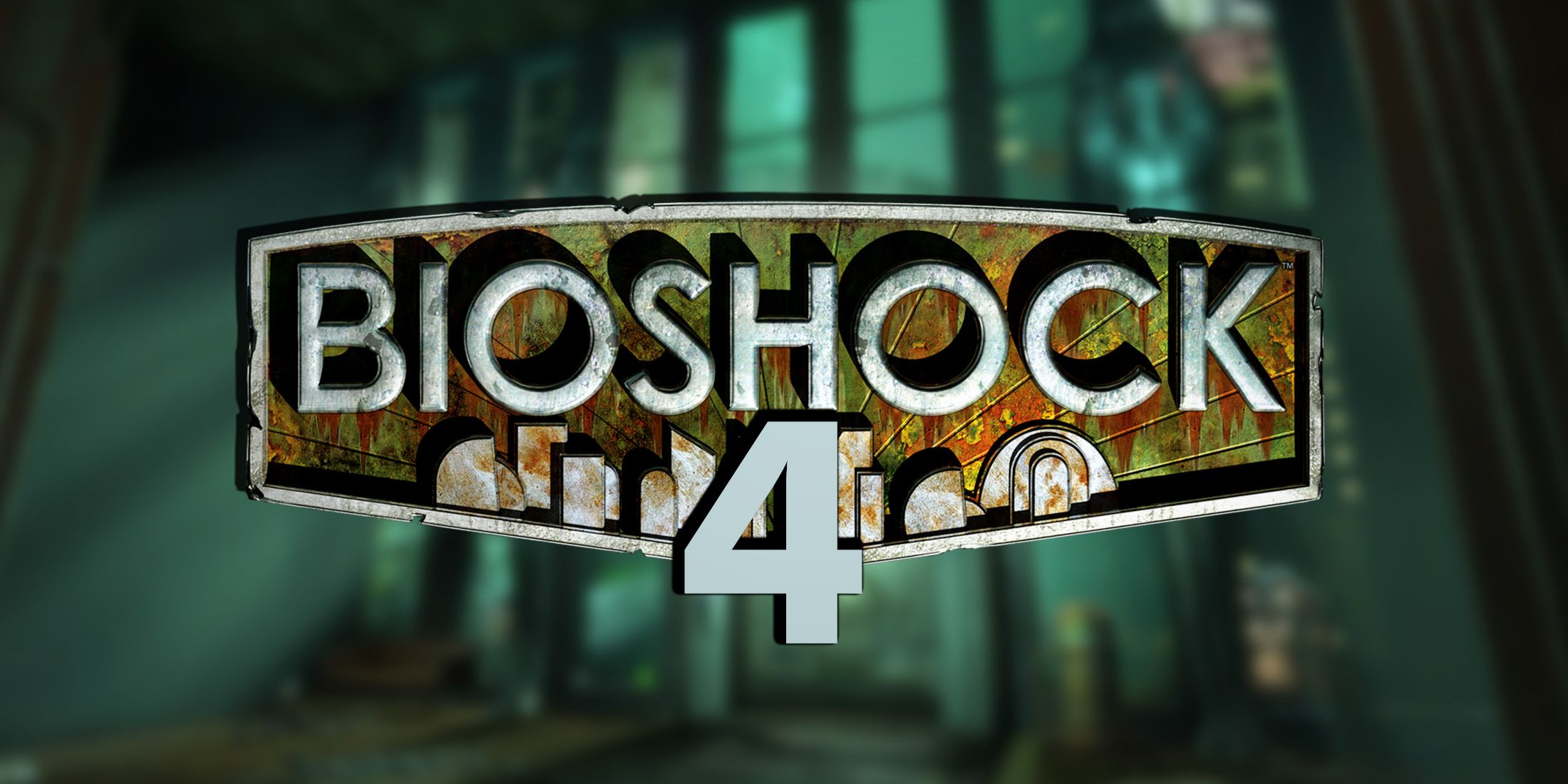
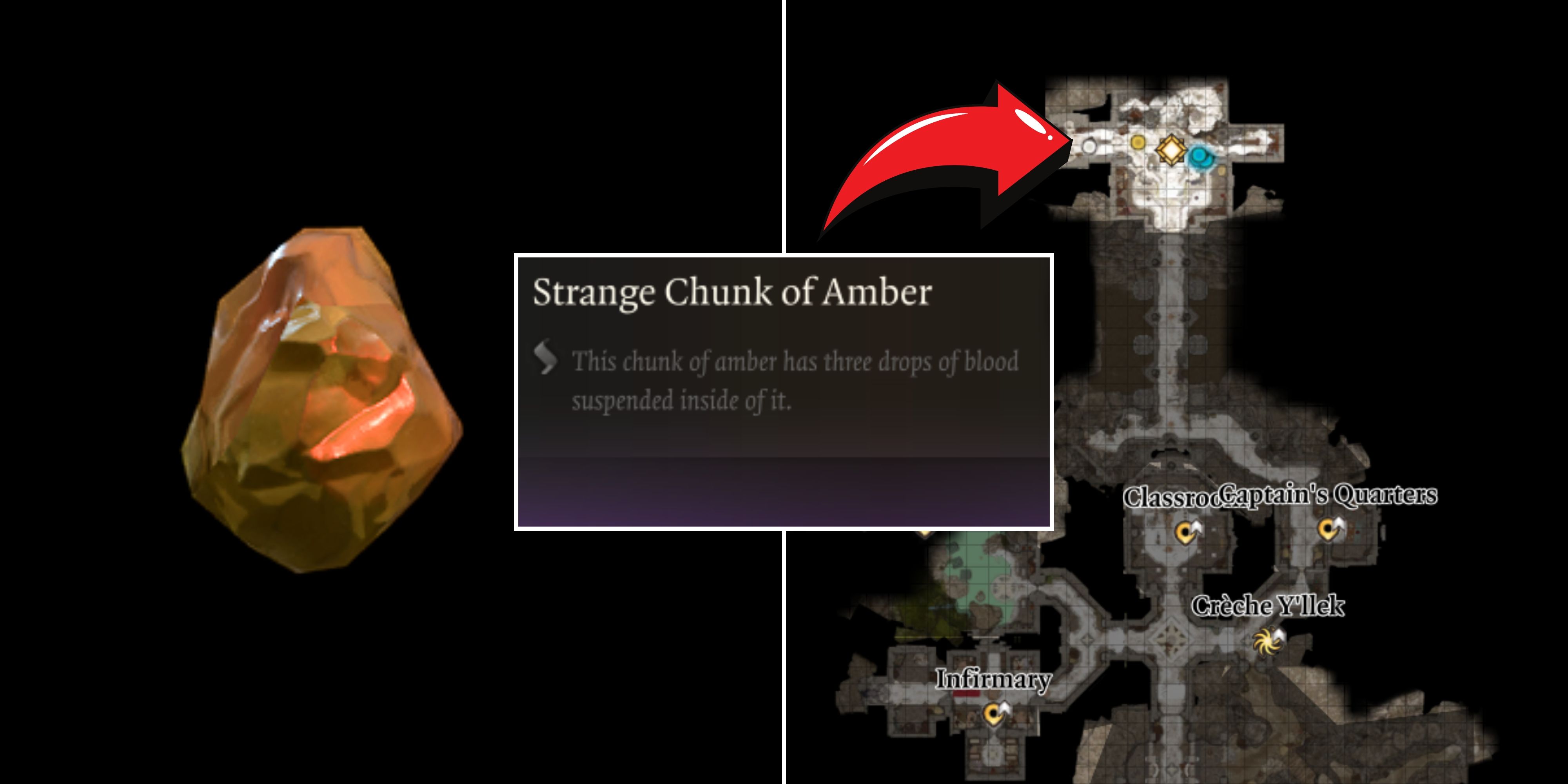
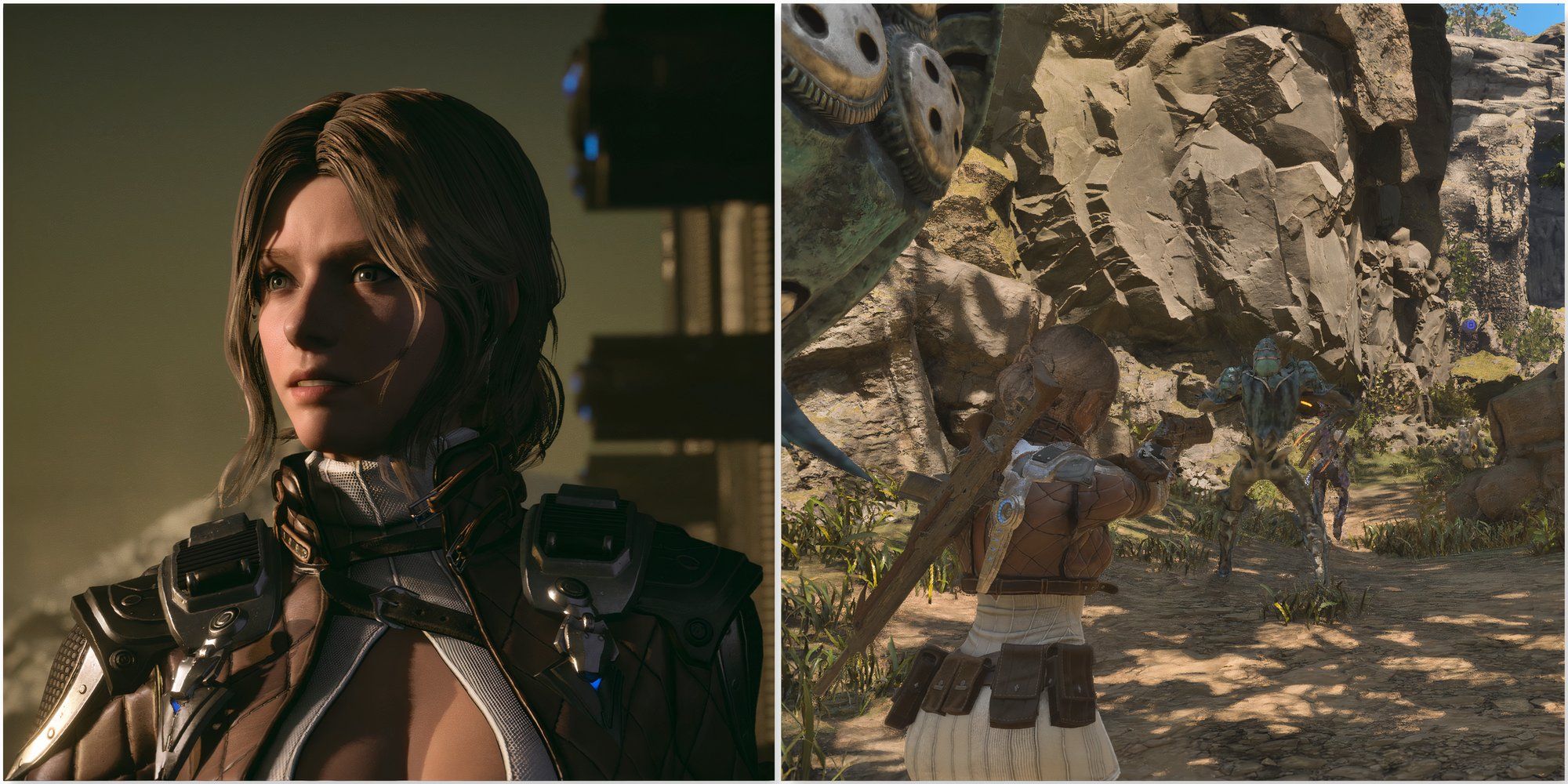
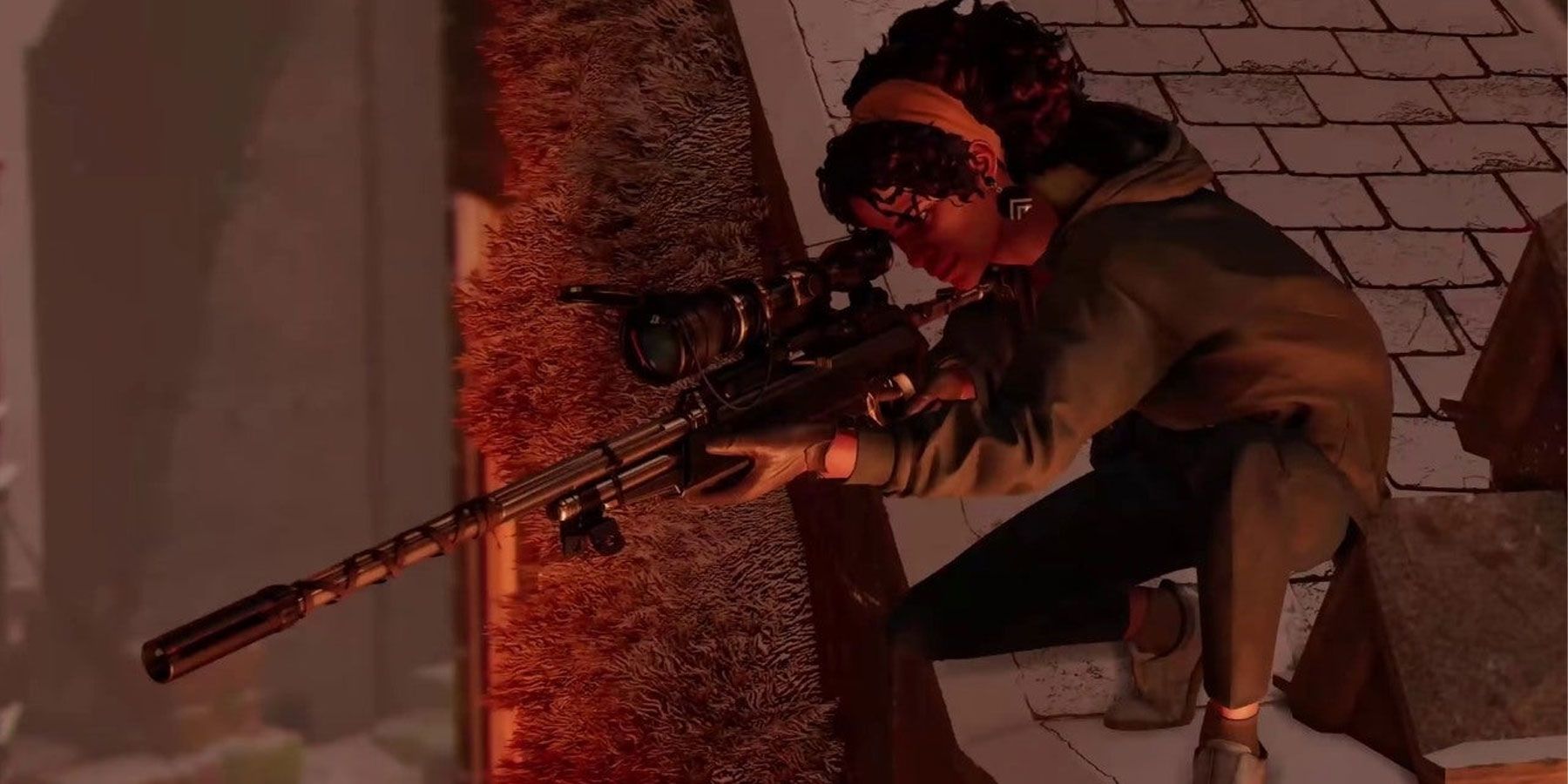
.jpg)
